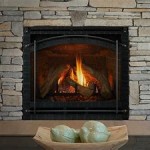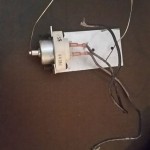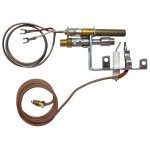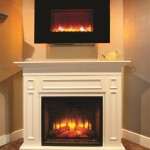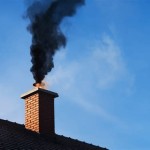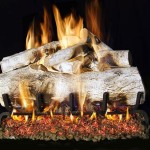Fireplace Heat Exchanger: Harnessing the Power of Your Fire
A fireplace is a cozy and aesthetically pleasing addition to any home. But beyond its visual appeal, a fireplace can also be a source of heating for your living space. However, traditional fireplaces are often inefficient, losing a significant amount of heat up the chimney. This is where a fireplace heat exchanger comes into play, capturing and distributing the heat generated by your fire, making your fireplace a more efficient and effective heating solution.
Fireplace heat exchangers are devices that transfer heat from the combustion process in a fireplace to surrounding air, thus improving the efficiency of the fireplace and reducing the heat loss through the chimney. They work on the principle of heat transfer, using different methods such as convection, radiation, or a combination of both to move heat from the fireplace to the room.
Types of Fireplace Heat Exchangers
Fireplace heat exchangers come in a variety of designs, each with its own set of advantages and disadvantages. Here are some common types:
1. Blower Heat Exchangers:
These heat exchangers utilize a fan to circulate air around the fireplace, drawing in cool air from the room and forcing it over the heat exchanger before expelling warmer air back into the room. This method is highly effective in distributing heat throughout a larger area.
2. Radiant Heat Exchangers:
Radiant heat exchangers rely on the principle of radiation to transfer heat. They typically consist of metal panels or tubes placed near the firebox, absorbing heat and radiating it outwards towards the room. This type of exchanger is particularly efficient in heating nearby surfaces and objects.
3. Convection Heat Exchangers:
Convection heat exchangers work on the principle of natural convection. They often feature a series of fins or baffles that increase the surface area for heat transfer. As hot air rises from the firebox, it is drawn through the exchanger, heating up the surrounding air and circulating it throughout the room. This type of exchanger is relatively simple and requires no external power.
Benefits of Fireplace Heat Exchangers
Installing a fireplace heat exchanger presents numerous benefits for homeowners, making it a worthwhile investment for those seeking to improve the efficiency and effectiveness of their fireplace.
1. Improved Efficiency and Heat Distribution:
Fireplace heat exchangers significantly enhance the efficiency of your fireplace by capturing and distributing the heat generated by the fire, maximizing the amount of warmth delivered to your living space. This reduces the amount of heat lost through the chimney, making your fireplace a more powerful and cost-effective source of heating.
2. Reduced Fuel Consumption:
By increasing the efficiency of your fireplace, a heat exchanger allows you to achieve the desired level of warmth with less fuel consumption. This translates to lower energy bills and a more sustainable approach to using your fireplace.
3. Enhanced Safety:
Some heat exchangers feature safety features such as built-in thermostats and safety switches, ensuring that the unit operates within safe temperature limits. This can help mitigate the risk of overheating or fire hazards associated with traditional fireplaces.
Choosing the Right Fireplace Heat Exchanger
When selecting a fireplace heat exchanger, several factors should be considered, such as:
1. Fireplace Size and Design:
The size and design of your fireplace will influence the type and capacity of the heat exchanger required. A larger fireplace will generally require a more powerful exchanger.
2. Room Size and Layout:
Consider the size of the room you want to heat and the layout of your living space. Some exchangers are more suitable for smaller spaces, while others are designed for larger areas.
3. Budget and Installation Cost:
Heat exchangers vary in price, so it's essential to set a budget before making a purchase. Remember to factor in the cost of installation as well.
4. Efficiency and Performance:
Compare the efficiency ratings of different models to ensure you choose an exchanger that meets your heating needs and provides optimal performance.
By carefully considering these factors, you can choose the best fireplace heat exchanger for your home, maximizing the benefits of owning a fireplace and creating a warm and comfortable environment.

24gr 14 24td Fireplace Heat Exchanger Hasty Hastyheat

An Ultimate Guide To Fireplace Heat Exchanger Meaning Installation

Size 45 Airculator Wood Burning Fireplace Heat Exchanger

Fire Place Heat Exchanger In 2024 Fireplace Blower

Fire Place Heat Exchanger Wood Fireplace Gas

Size 39 Airculator Wood Burning Fireplace Heat Exchanger

Tiny Stainless Grate Fanless Hastyheat

Fireplace As Heatingsystem Called Thermo Exclusive Property Blog

Heatsmart Heat Exchanger Modern Gas Fireplaces Davinci Custom

Fireplace Wood Burning Airculator 45 20k Btu S Heat Exchanger Blower He14501
Related Posts

